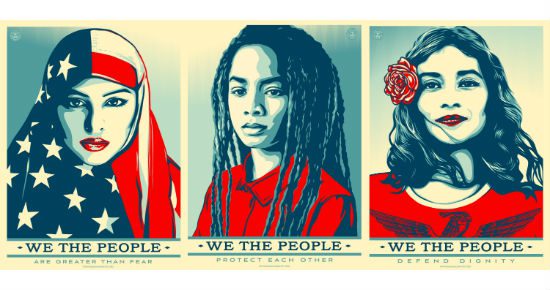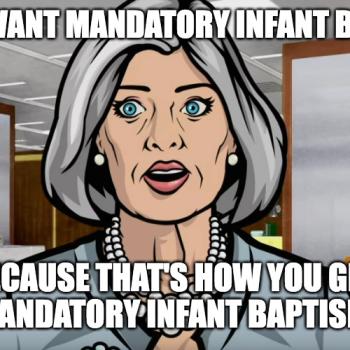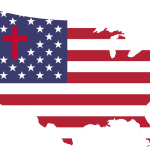David Dark, “Can I Get a Witness?”
Lewis and Bevel had both trained with another Will Campbell acolyte, the Reverend James Lawson, for moments like these in which they’d face hostile crowds and inevitable arrest while sitting in the “whites-only” sections of downtown Nashville restaurants. One Saturday, Lawson was on the scene to coach students and to dissuade white passers-by from responding violently to young people whole-heartedly — and whole-bodily — committed to nonviolent witness. Lawson approached one aggressor in a motorcycle jacket at the center of a group who’d kicked Bernard Lafayette and Solomon Gort. The man directed a racial slur at Lawson before spitting in his face.
Reverend Lawson regarded the aggressor calmly and asked if he might have a handkerchief. The man was so taken off guard that he’d handed it to Lawson before he knew what he was doing. As Lawson thanked him and wiped his face, he asked the man if a nearby motorcycle belonged to him. It did. And in no time, they were discussing horsepower. Within a few minutes, the man was asking how he could aid Lawson and the students in their work. The script had been flipped. I once asked Lawson how one might develop the habit of handling people so beautifully, and he responded, as if it was just then occurring to him, “You have to keep in your mind an imagery of infinite possibility.”
Willie James Jennings, in The Christian Imagination, pp. 9-10
I have purposely stayed away from the theological language of reconciliation because of its terrible misuse in Western Christianity and its tormented deployment in so many theological systems and projects. The concept of reconciliation is not irretrievable, but I am convinced that before we theologians can interpret the depths of the divine action of reconciliation we must first articulate the profound deformities of Christian intimacy and identity in modernity. Until we do, all theological discussions of reconciliation will be exactly what they tend to be: (a) ideological tools for facilitating the negotiations of power; or (b) socially exhausted idealist claims masquerading as serious theological accounts. In truth, it is not at all clear that most Christians are ready to imagine reconciliation.
Nikole Hannah-Jones on Fresh Air (1/16/17)
We somehow want this to be easy and simple, and it never will be. The systems that and the actions that created this inequality took a lot of effort and a lot of time. And we want to undo them, you know, with no pain for anyone with a snap of the fingers. … Before we were even a country, we had created this system that was going to put black people on the bottom, and we created a caste system.
And to undo that, we feel like no one has to give anything up or there’s not going to be any tensions or it’s going to be easy, and it simply won’t. One of the things that I really try to do with my work is show how racial segregation and racial inequality was intentionally created with a ton of resources. From the federal government, to the state, to city governments, to private citizens, we put so much effort into creating the segregation and inequality, and we’re willing to put almost no effort in fixing it. …
There’s never been a moment in the history of this country where black people who have been isolated from white people have gotten the same resources, not in schools, not in communities. And, you know, Dr. King understood that in a visceral way that integration was about the sharing of power, and it was about full citizenship.
Kristin Du Mez, “Donald Trump and Militant Evangelical Masculinity”
Indeed, white evangelical support for Trump can be seen as the culmination of a decades-long embrace of militant masculinity, a masculinity that has enshrined patriarchal authority, condoned a callous display of power at home and abroad, and functioned as a linchpin in the political and social worldviews of conservative white evangelicals. In the end, many evangelicals did not vote for Trump despite their beliefs, but because of them.

















